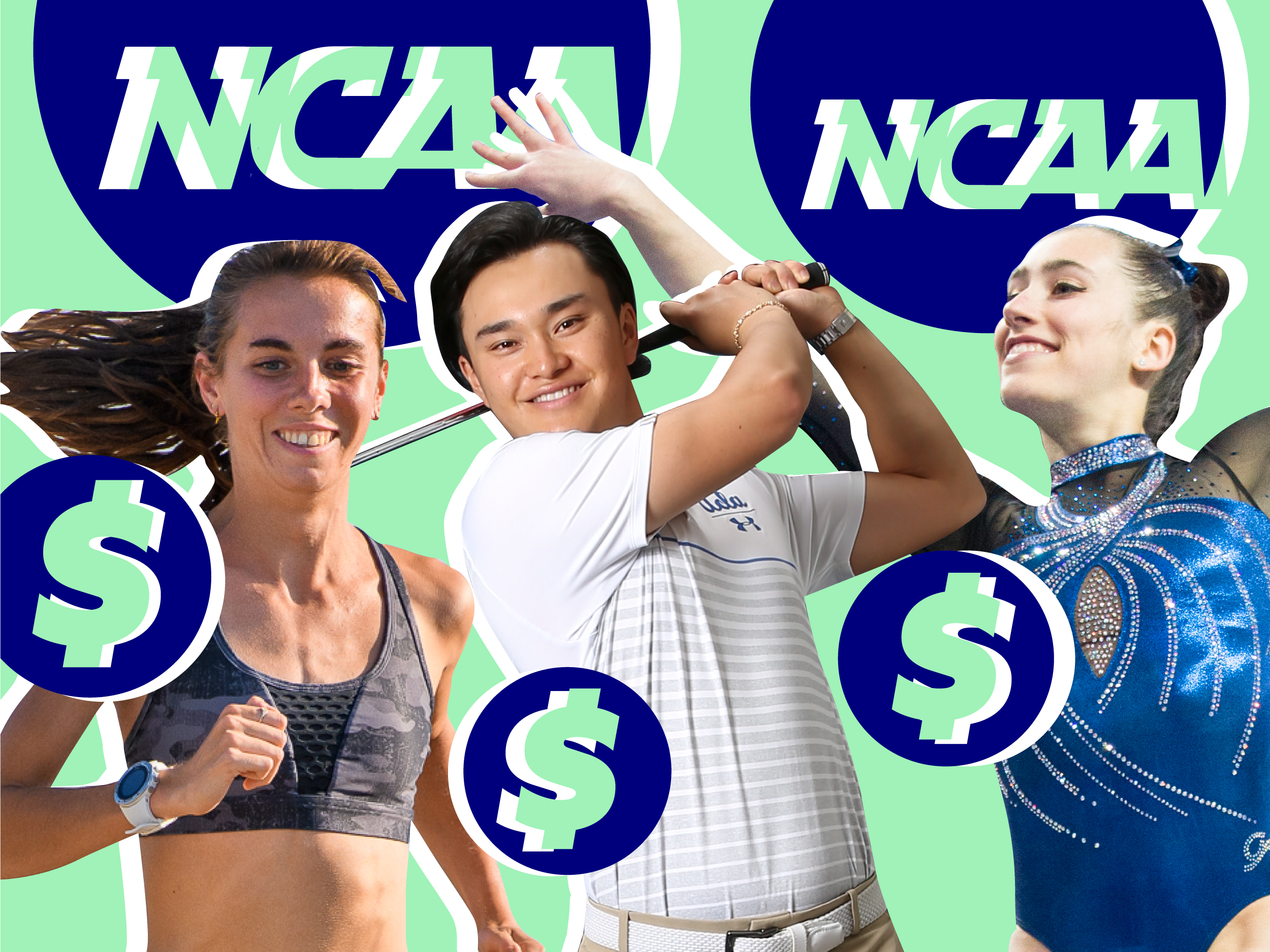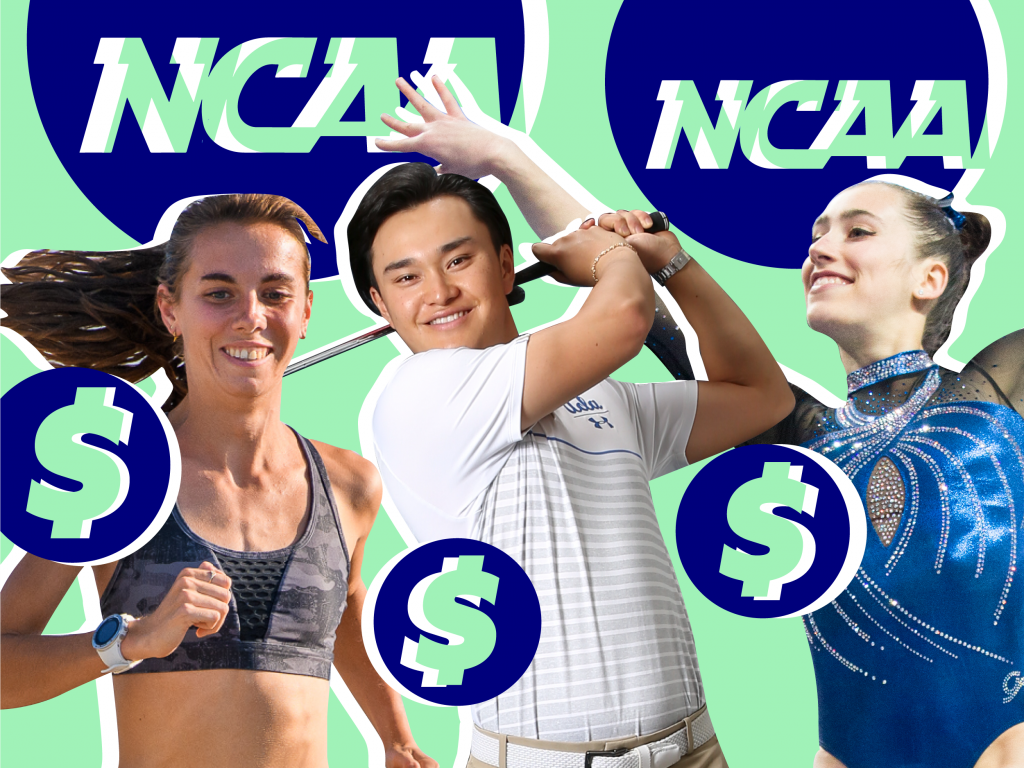
- Every college athlete in America can now profit from endorsement deals.
- Endorsement agencies have been waiting for this change, which opens a big market of new clients.
- Several big deals have already been signed on the first day of legalization.
- Visit Insider's homepage for more stories.
For the first time in college sports history, athletes can make money from their name, image, and likeness (NIL). The NCAA put an interim policy in place on Wednesday that grants athletes in all 50 states the right to sign and profit from endorsement deals.
A handful of athletes have already signed lucrative endorsement deals on the first day of the policy going into effect.
University of Miami quarterback D'Eriq King and defensive end Bubba Bolden each signed their own $20,000 endorsement deals with Florida moving company College Hunks.
-Joe Pompliano (@JoePompliano) July 1, 2021
Not only did King and Bolden sign their deals, but they did so through a NIL-based platform called Dreamfield that they co-founded, according to Andrea Adelson of ESPN. They plan on using the platform to help other college athletes find endorsement deals as well.
Meanwhile, Fresno State women's basketball players Hanna and Haley Cavinder signed sponsorship deals with Boost Mobile. Their signing proves that endorsement deals won't just be reserved for the athletes in the big revenue sports of football and men's basketball.
This new industry will be built on negotiations and convenience
NIL reform has opened the door for a new booming market.
Specifically, independent startup agencies now have a new pool of clients to partner with businesses, and the day-one signings indicate there will be a strong demand.
Jason Bergman is the founder of MarketPryce, a startup designed to connect athletes and influencers with endorsement partners through an easy-to-use matching system that works similar to dating apps like Tinder. Bergman has previously represented high-profile professional athletes and can now invite college athletes into his service as well.
"The NIL legislation increased our total addressable market by 500,000 people overnight," Bergman told Insider. "Even if the majority of student-athletes aren't closing 4 or 5 figure deals with brands, their ability to earn a little bit of cash or free product from brands is still life-changing."
Bergman signed his first college athlete on Thursday. It wasn't a big-name football or men's basketball player, but rather a woman's soccer player at the University of Illinois who landed a marketing deal with a health and wellness space.
David Woodley is the CCO of Playmaker, a startup sports management agency specializing in connecting athletes to a young audience through social media platforms like Tik Tok and Instagram. The company will be making its venture into the NIL space with college athletes.
Woodley believes that NIL reform will create a new market for entrepreneurs and open an entirely new audience for college sports as a whole.
"By letting athletes monetize their personalities and really thus lean into social platforms like Instagram, TikTok, and others," Woodley told Insider. "That should help bring more Gen Z eyeballs into watching those players and personalities play."
The college NIL market will create demand for different kinds of services
Agencies that directly connect athletes with business partners are one example of the type of business that could prosper under these new rules, but ensuring athletes get their fair share will be just as critical.
Former New York Giants and Virginia Tech running back Tiki Barber has been a strong advocate for college athletes' NIL rights for years, and he is now looking to make his impact on the new industry.
Barber has partnered with social media marketing service Display, which is getting college athletes into their portfolio by partnering with sports organization service TeamMates, which has pre-established contracts with multiple college athletic departments across the country.
"It's all compliance with the NCAA. No student-athlete will run afoul from the NCAA perspective because of the relationship with TeamMates," Barber told Insider. "The advertisement revenue goes to each of these student athletes' personal bank account, which can be redeemed."
College athletes with sizeable social media followings can use their highlight videos through the TeamMates service to earn advertisement revenue. Display regulates revenue sharing to ensure student-athletes will be fairly compensated.
"College athletes have this massive power to influence fans and community," he added. "It empowers you and teaches you to understand the economic world ... Back in the late 90s when I was in college, that was something you never thought of."
